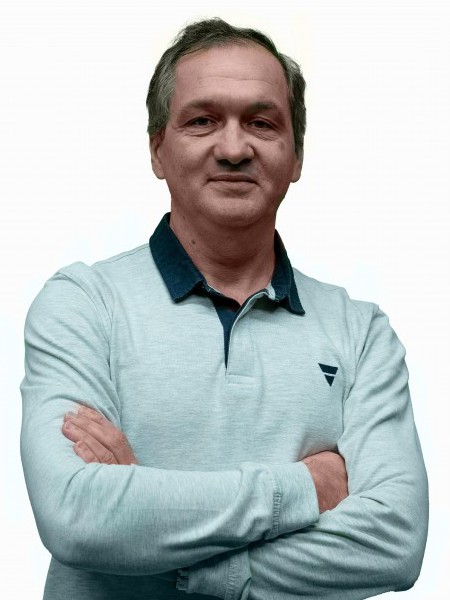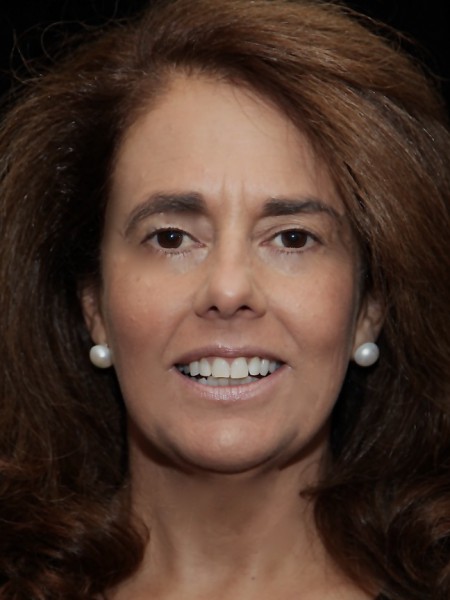abstract
Alternative sintering technologies promise to overcome issues associated with conventional ceramic sintering such as high thermal budgets and CO2 footprint. The sintering process becomes even more relevant for alkali-based piezoelectric ceramics such as K0.5Na0.5NbO3 (KNN) typically fired above 1100 degrees C for several hours that induces secondary phase formation and, thereby, degrades their electrical characteristics. Here, an ability of KNN ceramics to be of high performance is successfully demonstrated, using an electric field- and current-assisted Flash sintering technique at 900 degrees C only. Reported for the first time, Flash sintered KNN ceramics have room-temperature remnant polarization P-r = 21 mu C/cm(2) and longitudinal piezoelectric coefficient d(33) = 117 pC/N, slightly superior to that of conventional ones due to the reduced content of secondary phases. High-performance KNN ceramics Flash sintered at a low-thermal budget have implications for the development of innovative low carbon technologies, electroceramics stakeholders, and piezoelectric energy harvesters.
subject category
Chemistry; Materials Science; Metallurgy & Metallurgical Engineering; Physics
authors
Serrazina, R; Tkach, A; Pereira, L; Senos, AMOR; Vilarinho, PM
our authors
Projects
CICECO - Aveiro Institute of Materials (UIDB/50011/2020)
CICECO - Aveiro Institute of Materials (UIDP/50011/2020)
Associated Laboratory CICECO-Aveiro Institute of Materials (LA/P/0006/2020)
acknowledgements
This work was developed within the scope of the project CICECO-Aveiro Institute of Materials, UIDB/50011/2020, UIDP/50011/2020 and LA/P/0006/2020, financed by national funds through the FCT/MEC (PIDDAC). This work was also financed by Portugal 2020 through European Regional Development Fund (ERDF), in the frame of Operational Competitiveness and Internationalization Programme (POCI), in the scope of the project FLASH sintering of lead free functional oxides towards sustainable processing of materials for energy and related applications-FLASH, POCI-01-0247-FEDER-029078. FCT is acknowledged for financial support by Ricardo Serrazina (SFRH/PD/BD/128411/2017) and Alexander Tkach (2021.02284.CEECIND).




